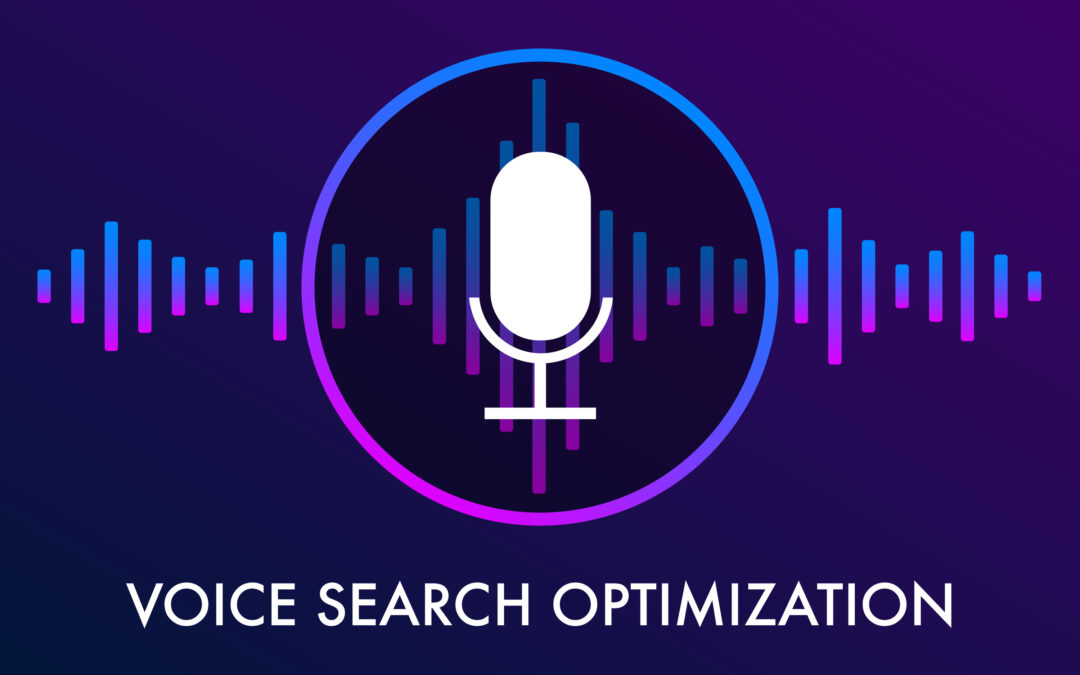Picture this: “Hey Siri, find me a digital marketing agency near me.” That’s not a hypothetical—it’s how millions of people are searching in 2025. At Zeus Digital Marketing, we’ve been navigating the digital landscape for nearly two decades, and voice search is the latest frontier reshaping how businesses get found online. With smart speakers, mobile assistants, and even car systems driving a surge in voice queries, optimizing your website for this trend isn’t optional—it’s essential. Here’s why voice search matters now and how to make sure your site is ready for the next wave.
The Voice Search Boom in 2025
Voice search isn’t new, but its dominance is. By 2025, over 60% of searches are expected to come from voice commands, fueled by devices like Amazon Echo, Google Nest, and Apple’s Siri. People aren’t just asking for directions anymore—they’re seeking products, services, and answers, all with a conversational twist. Unlike typed searches, voice queries are longer, more natural, and often local: “Where can I buy running shoes today?” instead of “running shoes near me.”
For businesses, this shift is a golden opportunity—and a wake-up call. If your website isn’t optimized for voice, you’re invisible to a growing chunk of your audience.
Why Voice Search Optimization Matters
At Zeus, we’ve seen how search behavior drives traffic. Voice search changes the game with three key differences:
-
Conversational Keywords: Users speak in full sentences, not fragments. Think “What’s the best digital marketing strategy for small businesses?” versus “digital marketing strategy.”
-
Local Intent: Voice searches are often tied to “near me” or immediate needs, making local SEO more critical than ever.
-
Speed and Simplicity: Voice users want quick, clear answers. If your site doesn’t deliver, they’re gone.
Google’s algorithm knows this too—it prioritizes sites with fast load times, mobile-friendliness, and concise, structured content for voice results. Is your site keeping up?
How to Optimize for Voice Search in 2025
Getting voice-ready doesn’t mean overhauling your site—it’s about strategic tweaks. Here’s how to position your business for the voice search wave:
-
Target Long-Tail, Conversational Keywords: Research phrases your audience might say aloud. Tools like AnswerThePublic or Google’s “People Also Ask” can reveal what’s trending. For example, “How do I improve my website traffic?” could be gold for a marketing site like yours.
-
Boost Local SEO: Claim your Google Business Profile, keep your NAP (name, address, phone) consistent across directories, and sprinkle location-specific terms into your content. “Digital marketing in [your city]” could snag voice traffic.
-
Use Structured Data: Schema markup helps search engines understand your content—think FAQs, business hours, or service details. This makes it easier for AI assistants to pull your info into voice responses.
-
Answer Questions Directly: Create content that solves problems fast. A blog post like “What’s the fastest way to grow my email list?” with a clear, upfront answer could win the voice search jackpot.
-
Optimize for Mobile: Voice searches happen on the go. Ensure your site loads in under two seconds, uses responsive design, and avoids clunky navigation
The Future Is Talking—Are You Listening?
Voice search isn’t a fad—it’s the future of how people find you. In 2025, the businesses that thrive will be the ones speaking their customers’ language, literally. At Zeus Digital Marketing, we’ve spent decades helping clients stay ahead of the curve, and voice optimization is the next step. Don’t let your website get left on mute.
Want to make your site voice-ready? Reach out at zeusdigitalmarketing.com—let’s get you heard.

